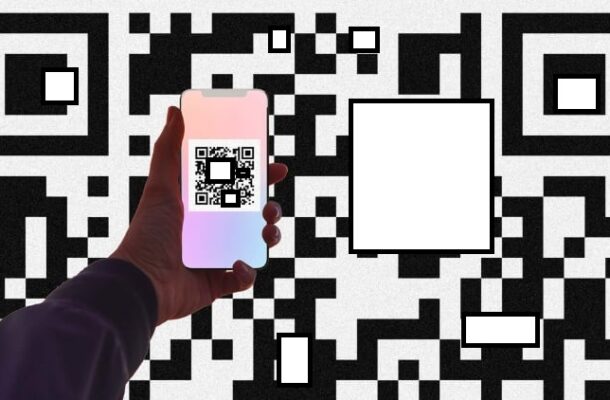Authorities in Ireland warn of a rising scam involving fake QR codes on parking meters, leading unsuspecting users to fraudulent websites that steal p
Authorities in Ireland warn of a rising scam involving fake QR codes on parking meters, leading unsuspecting users to fraudulent websites that steal personal information.
Fraud Alert: Fake QR Codes Emerge as a New Threat in Public Parking Areas
Authorities in Ireland have issued a stark warning about a surge in fraudulent activities involving fake QR codes placed on parking meters in public car parks. This scam, commonly referred to as “quishing,” has raised alarms as it exploits unsuspecting individuals seeking to pay for parking.
In a recently released video, the deceptive tactic is highlighted, showing two stickers: one affixed to the front of the parking device, while another obscures the legitimate QR code on the side. When unsuspecting users scan the counterfeit code, they are redirected to a fraudulent website that prompts them to enter sensitive information, including credit card details.
Understanding “Quishing” and Its Implications
The term “quishing” is derived from a combination of “QR code” and “phishing,” and it reflects a growing trend of scams that utilize seemingly innocuous technology to extract personal data from victims. By tricking individuals into scanning a fake QR code, fraudsters can quickly harvest sensitive information that can lead to unauthorized transactions or identity theft.
In light of these incidents, local councils in Ireland have acted swiftly, reporting the matter to law enforcement. Payzone, the operator of the affected parking meters, has also engaged with the Gardaí, the national police service, to address the situation. A spokesman stated that they had enlisted the services of an IT firm to successfully shut down several fraudulent websites identified during the investigation.
Public Awareness Campaigns and Safety Measures
In response to the alarming rise in QR code scams, Dublin authorities have taken proactive measures to inform the public. Residents are strongly advised against scanning QR codes displayed on parking meters. Instead, they should pay directly at the meter using cash or card or download the official Payzone parking app to ensure secure transactions.
The Garda National Cyber Crime Branch (GNCCB) has also issued a general warning regarding the risks associated with scanning QR codes found in public spaces. They encourage users to only engage with QR codes from verified sources and to always verify the destination before inputting any personal information.
A spokesperson for the Gardaí confirmed that they had been alerted to the QR code scam affecting parking meters and assured the public that all affected devices had been inspected and any fraudulent codes removed.
A Growing Problem: Scams Extend Beyond Ireland
The issue of fake QR codes is not isolated to Ireland; similar incidents have been reported across Great Britain and the United States. Numerous councils in the UK have received complaints about fraudulent codes on parking devices, while residents in Florida, Georgia, and California have also reported falling victim to these scams.
This highlights a global trend that requires increased vigilance from the public. With the rise of digital payment systems and QR codes, the potential for exploitation by fraudsters continues to grow.
Staying Safe in a Digital Age
As digital payment methods become increasingly common, it is crucial for individuals to remain aware of the risks associated with QR codes and other technology. By staying informed and practicing caution, users can protect themselves from becoming victims of fraud. Always verify the legitimacy of QR codes, use secure payment methods, and report any suspicious activity to the authorities to contribute to a safer community.

COMMENTS